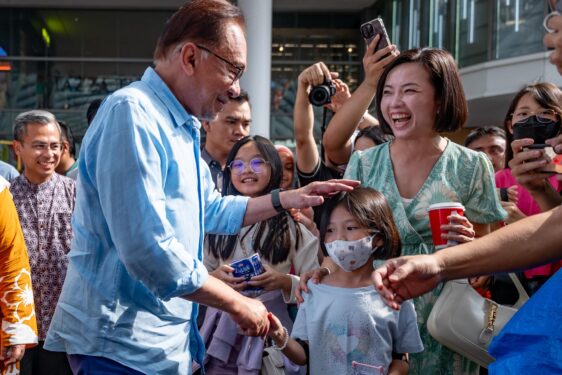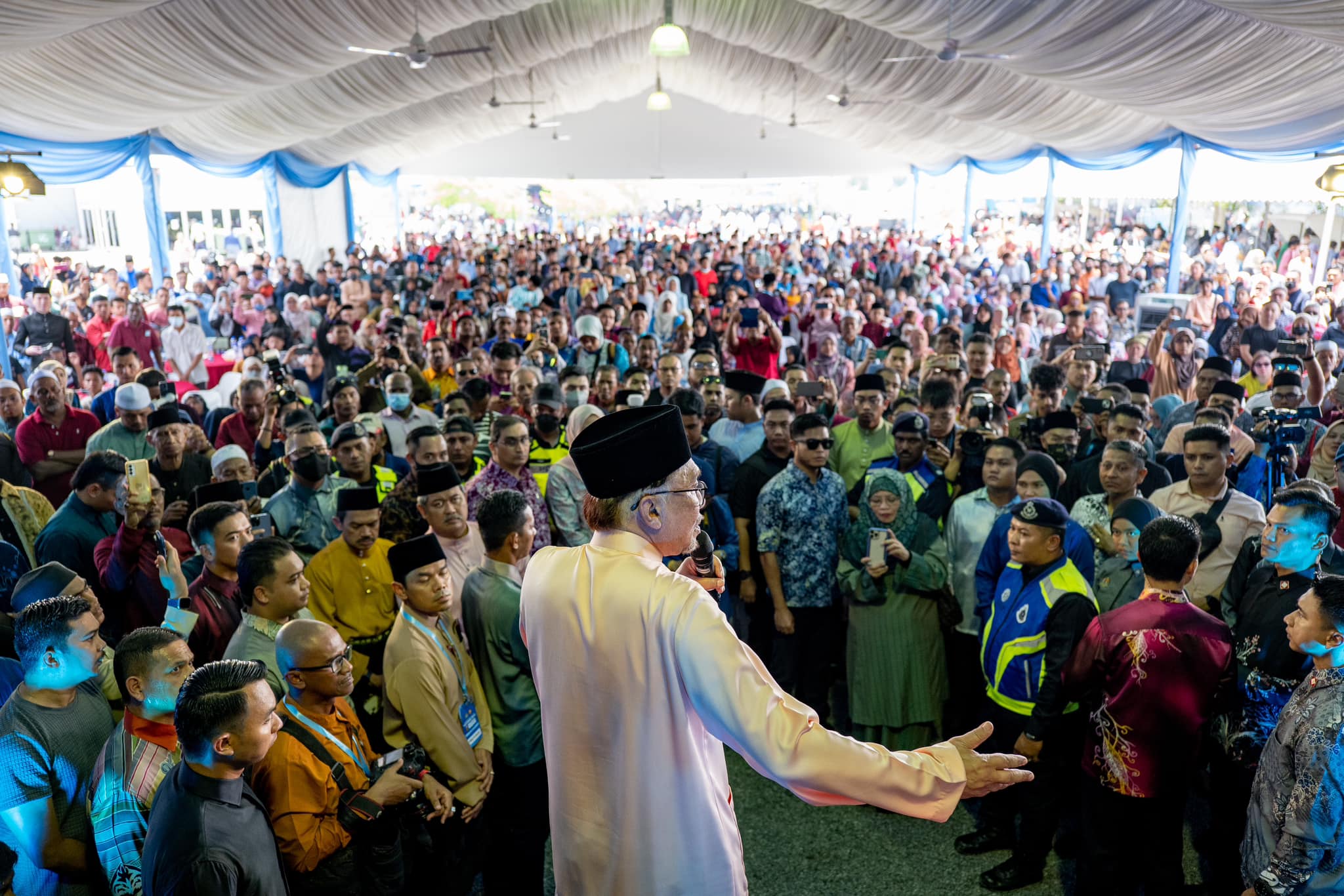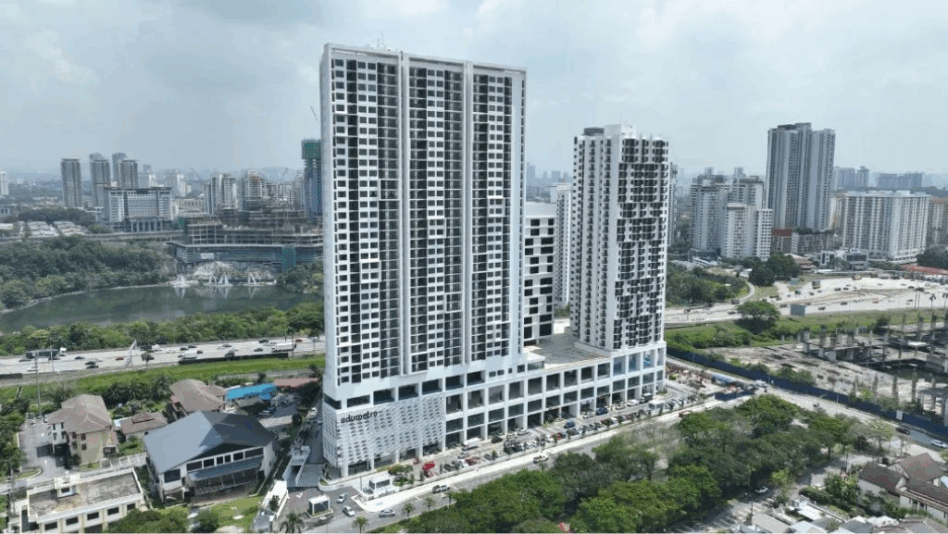SOME popular writers or columnists write endlessly to moan about majoritarian politics in the country especially how they fuel the Malay tsunami but unwittingly contradict themselves by saying that the future well-being of the country is in the hands of rational and well-meaning dominant segment.
Nothing wrong with this kind of prognosis that seeks the country’s future salvation in the emergence of progressive and rational Malays. But non-Malays must not be forgotten either.
Theoretical prognosis is not exactly jigsaw puzzle where one group must be invariably placed in front for others to follow. It is more of an empirical question in how disparate forces come together immaterial of ethnicity or class to embrace change and political transformation.
Sections of Malays understand that the relentless pursuit of Malay ethnic and religious dominance might give rise to an unmitigated disaster.
Rational and well-meaning Malays have definite role in steering the country out of the present predicament of ethnic and religious imbroglio.
However, the non-Malays have a similar role; however, how they combine with the Malays under difficult political and social circumstances is something left to be seen.
It is not that one ethnic group must take lead and others must follow. Such a perspective leaves little room for all kinds of segments to play a meaningful role in the future trajectory of the country.
Anwar’s hands are tied
This is especially so when the brunt of Malay tsunami is against the non-Malays. The former prime minister (PM) Tun Dr Mahathir Mohamad endless tirade against the non-Malays as immigrants is a perfect example.

Political change requires the simultaneous participation of all affected groups, immaterial of their ethnicity or religion affiliation.
Malays might be the majority but unfortunately the lower socio-economic category is worst off due to poverty and other economic and financial difficulties. In this sense, the problems in Malaysia are both ethnic and class.
Years of the rhetoric of Malay dominance has accentuated class divisions with the Malay society.
However, given the political salience of ethnicity or religion, cross-cutting class and other social cleavages have little or no effect in mitigating the worst effects of the Malay tsunami.
While the non-Malays especially the economically vulnerable classes are at the mercy of the Malay dominant forces, political survival seems to be predicated on appeasing the dominant forces especially in the present government.
Prime Minister Datuk Seri Anwar Ibrahim might provide the badly needed hope for the non-Malays even if such a hope is predicated on the need to accept the dominant discourse of the Malay ethnic and religious norms.
Anwar’s unity government might have the parliamentary majority but weak on the Malay front. The end effect of such a situation is that he must be seen doing enough for the Malays rather than the non-Malays. He has not forgotten the non-Malays but there are limits to which he can address some of their pressing issues.
Political bomb
The attack by the PN coalition against the non-Malays induces an environment of over dependence of the non-Malay political parties on Anwar and the unity government. Anwar knows this and plays his cards well.
The unity government’s biggest deficit is the lack of Malay ethnic and religious legitimacy.

In the last general election, Malays influenced by PN left in droves to support the opposition. Whether the PH-BN can wrest back support from PN in the upcoming six state elections remains to be seen. One thing is for sure, the green wave will be here to stay for some time.
The survival of the unity government is dependent on even rationalising the existing cooperation with some political parties especially the non-Malay ones.
It is political survival of the unity government but it more than survival for the non-Malay political operatives. This is where the DAP despite its past oppositional prowess is caught in a situation of needing to subdue its quest for racial equality, equal rights and the need to eliminate race and religious discrimination.
For the non-Malays represented in PH, there is political cost to their presence and support of the unity government. Whether such a political cost is temporary or it might have far reaching implications is left to be seen.
Whether the non-Malay political representatives can return to the days of their past glory also remains to be seen.
Going back to the argument that Malays need to change for the better before we can expect far reaching changes in the country seems to be ignorant of the collective inter-racial pursuit by both Malays and non-Malays.
The notion of one group must move before others do fails to capture the dynamics of inter-racial cooperation and understanding. The imperative to do something needful for the country is not predicated on placing one race before others in the order of importance.
A collective inter-racial pursuit is something both historical and progressive in comparison to a thinking that seems to be mechanically fixated on the politics of one group taking the initiative and not other groups especially when all groups are affected in varying degrees. – July 31, 2023
Prof Ramasamy Palanisamy is the former DAP state assemblyman for Perai. He is also the former deputy chief minister of Penang.
The views expressed are solely of the author and do not necessarily reflect those of Focus Malaysia.









